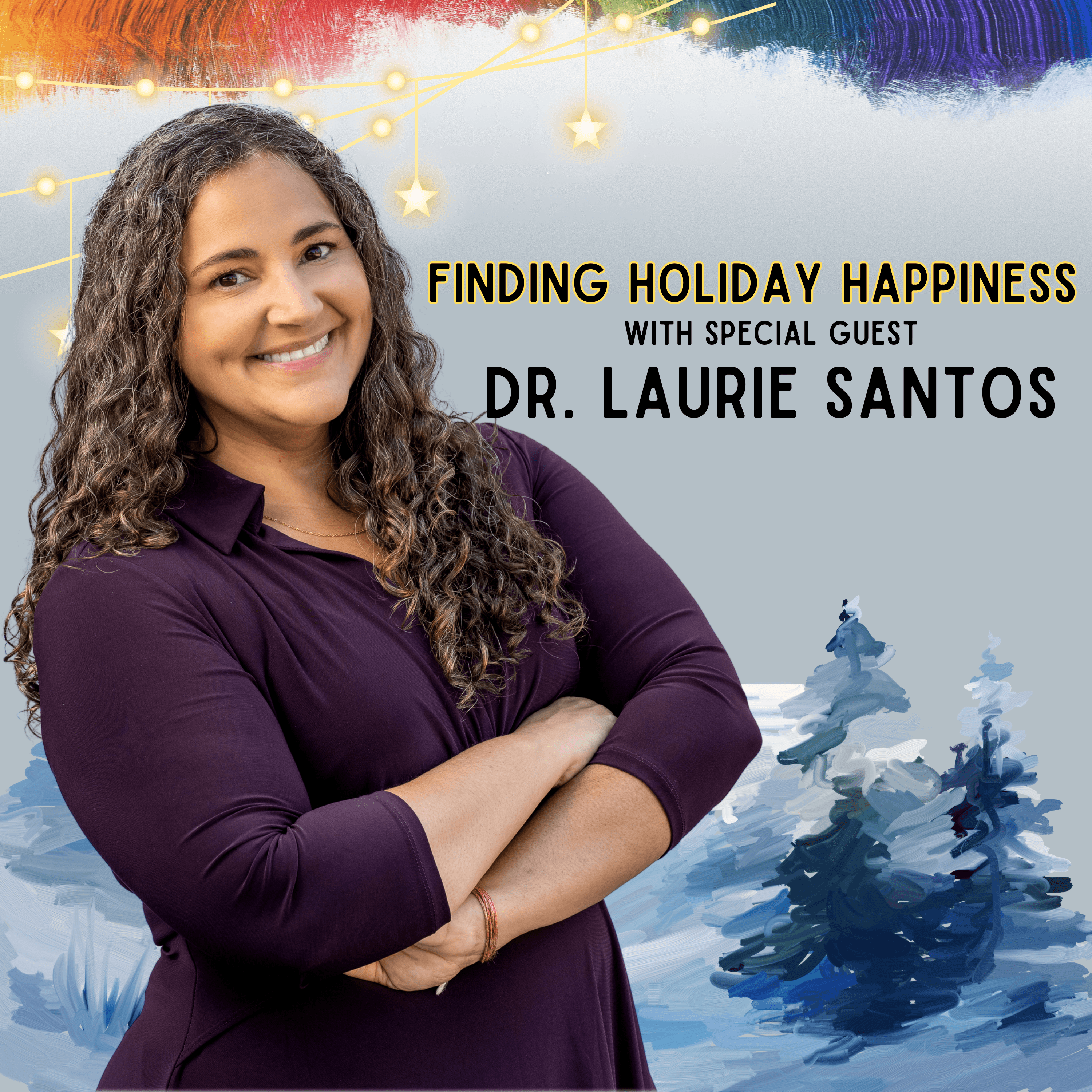
How God Works: The Science Behind Spirituality
PRXWhile religion and science often seem at odds, there’s one thing they can agree on: people who take part in spiritual practices tend to live longer, healthier, and happier lives. The big question is: Why? In How God Works, professor Dave DeSteno takes us on a journey to find out how spirituality impacts our minds and bodies, as well as the world in which we live.
He speaks to leading scientists and philosophers, religious thinkers, and thought leaders to explore what we can learn from the world’s faith traditions to help us meet some of life’s biggest challenges. Along the way, he’ll look at how we can adapt and use spiritual practices in our own lives, whatever our beliefs, including none at all.
It’s by working across the boundaries that usually divide us – science versus religion, one faith versus another – that we’ll find new ways to make life better for everyone.
While religion and science often seem at odds, there’s one thing they can agree on: people who take part in spiritual practices tend to live longer, healthier, and happier lives. The big question is: Why? In How God Works, professor Dave DeSteno takes us on a journey to find out how spirituality impacts our minds and bodies, as well as the world in which we live.
He speaks to leading scientists and philosophers, religious thinkers, and thought leaders to explore what we can learn from the world’s faith traditions to help us meet some of life’s biggest challenges. Along the way, he’ll look at how we can adapt and use spiritual practices in our own lives, whatever our beliefs, including none at all.
It’s by working across the boundaries that usually divide us – science versus religion, one faith versus another – that we’ll find new ways to make life better for everyone.

























































































Can Ancient Wisdom Help Gen Z's Stress & Unhappiness?

This episode is an edited version of a live event held at WBUR’s Cityspace on May 15, 2023. A full-length video of the event is available here.
For decades, studies from around the globe showed that happiness followed a U-shaped curve across the lifespan. For many people, the teens and twenties were some of the happiest and most carefree times of life — a period to be enjoyed before happiness began to drop and hit its low point around 50. BUT, over the past 10 years, a seismic change has taken place. The front end of the happiness curve collapsed, meaning that teens and twenties are now the most unhappy time of life.
From the increasing use of social media, to being isolated from friends during the pandemic, to the academic pressures of applying to college, to growing up in a world that feels threatened from climate change, gun violence, and political strife, the reasons for this crisis in mental health are many. The solutions, however, have been few.
But there’s a growing sense (and data) that when it comes to finding a way through challenging times, looking back at ancient wisdom for strategies on how to thrive — how to find joy, peace, empathy, and meaning — can help.
Join Dave and a panel of experts and voices from Gen Z to explore the science behind when and how secular and spiritual practices might help young adults (and really any of us) deal with the stresses and disconnection of modern life, whatever our spiritual beliefs (including none at all).
Guests:
Dr. Laurie Santos is the Chandrika and Ranjan Tandon Professor of Psychology at Yale University. She hosts The Happiness Lab Podcast and created the record-breaking courses “The Science of Wellbeing” (the most popular course at Yale) and “The Science of Wellbeing for Teens.”
Greg M. Epstein serves as the Humanist Chaplain at Harvard University and at MIT — a role in which he supports the ethical and communal lives of nonreligious students. He’s also the author of the New York Times bestseller Good Without God, and recently served as president of Harvard University's 40+ chaplains.
Tyler VanderWeele is the John L. Loeb and Frances Lehman Loeb Professor of Epidemiology at the Harvard T.H. Chan School of Public Health, where he directs the Human Flourishing Program. His work has been internationally recognized for illuminating the factors that underlie health and wellbeing in adolescents and adults.